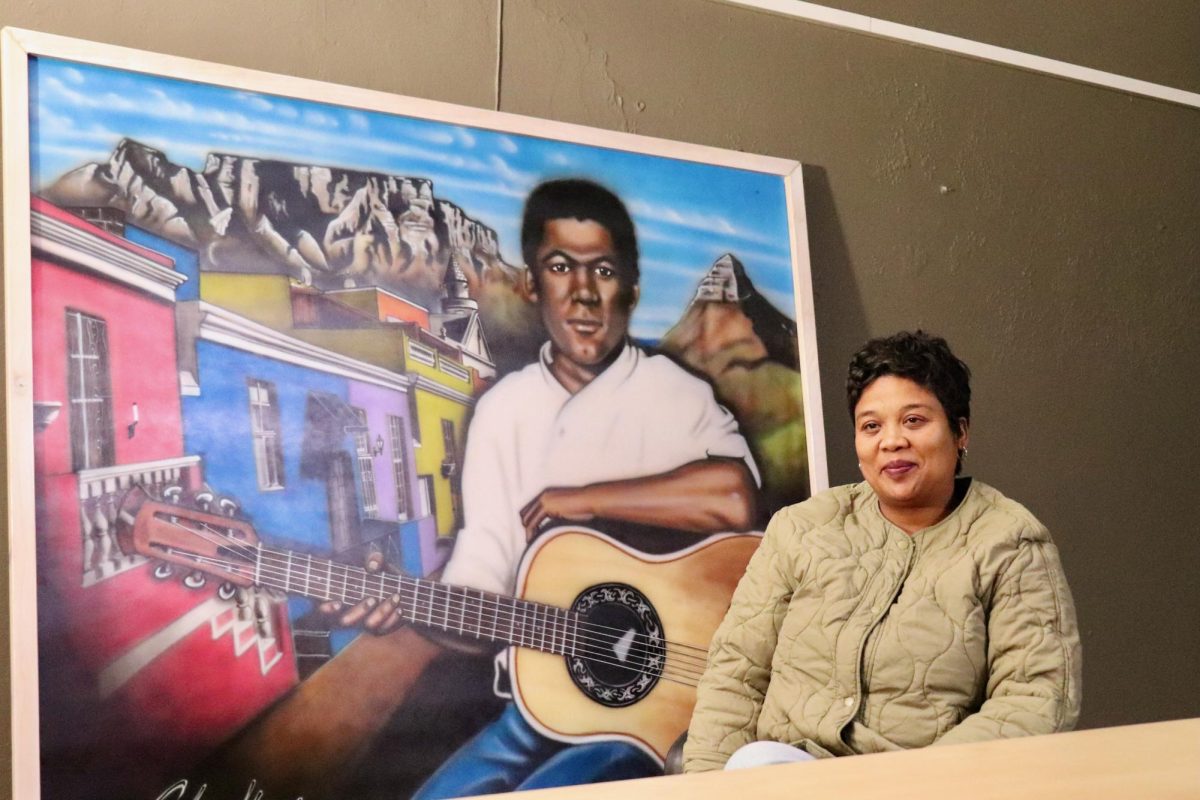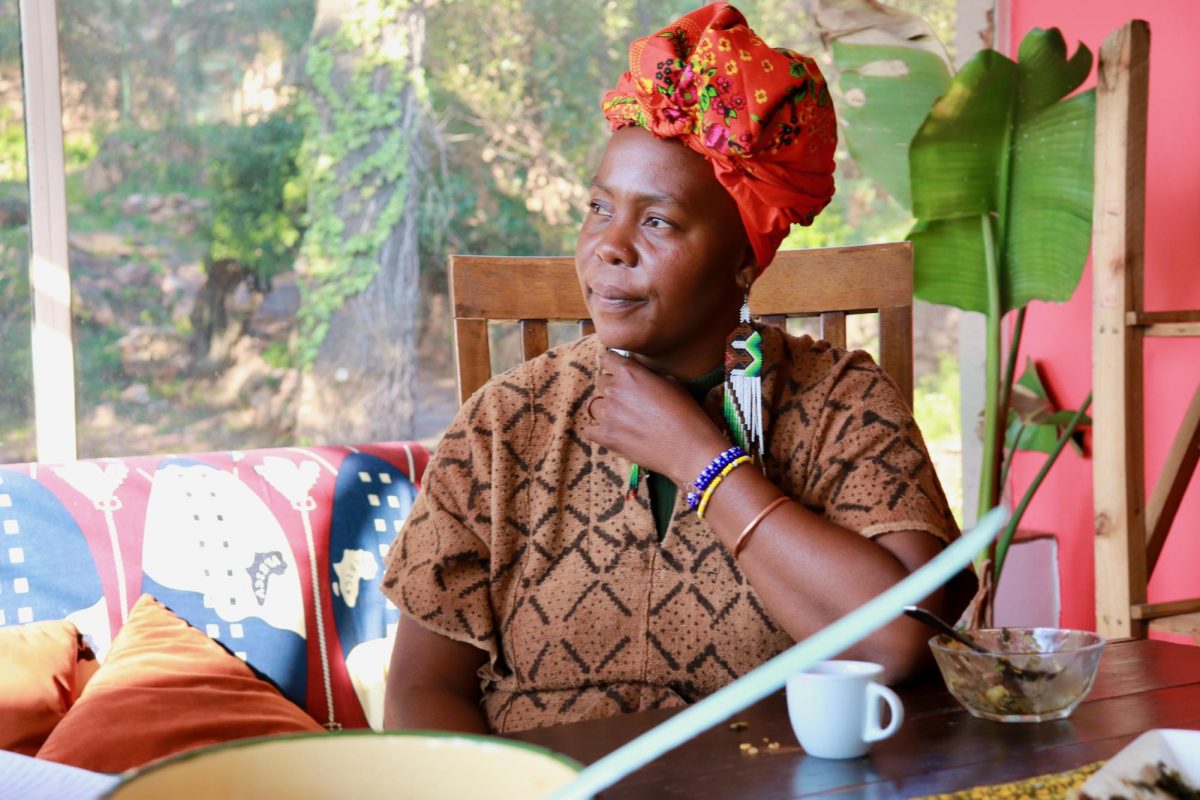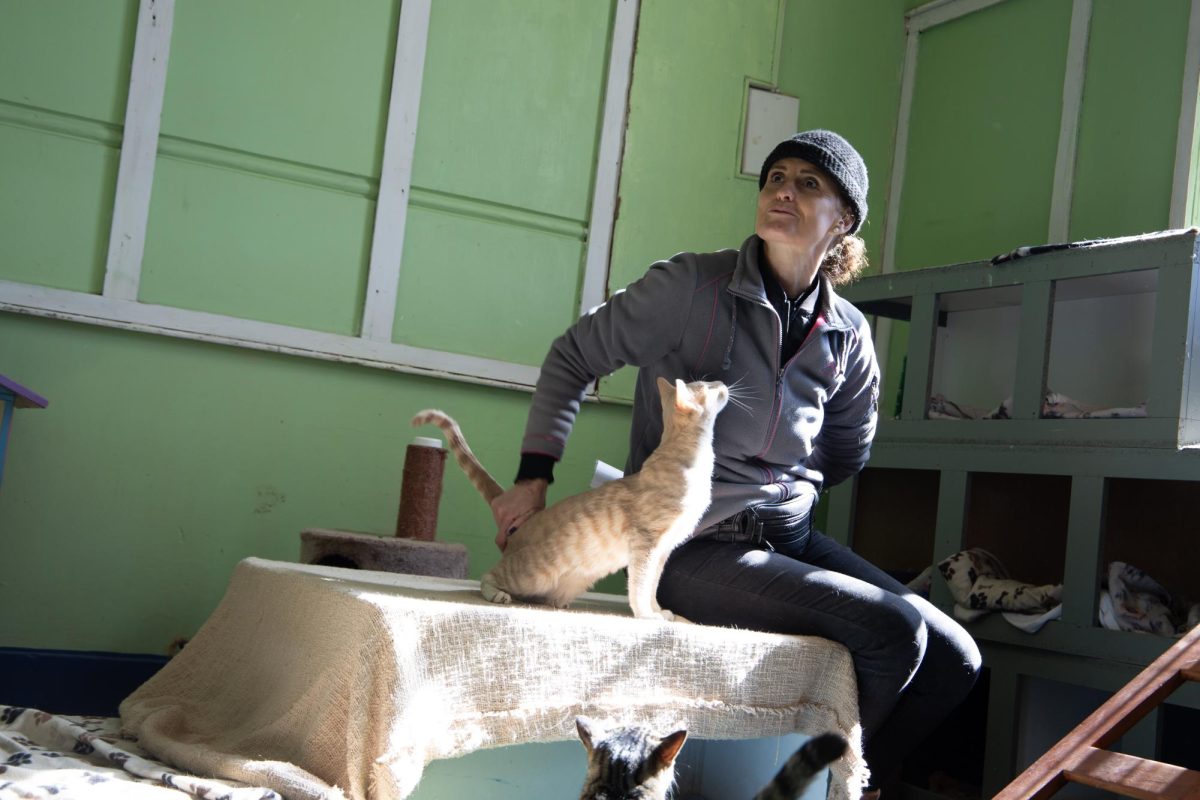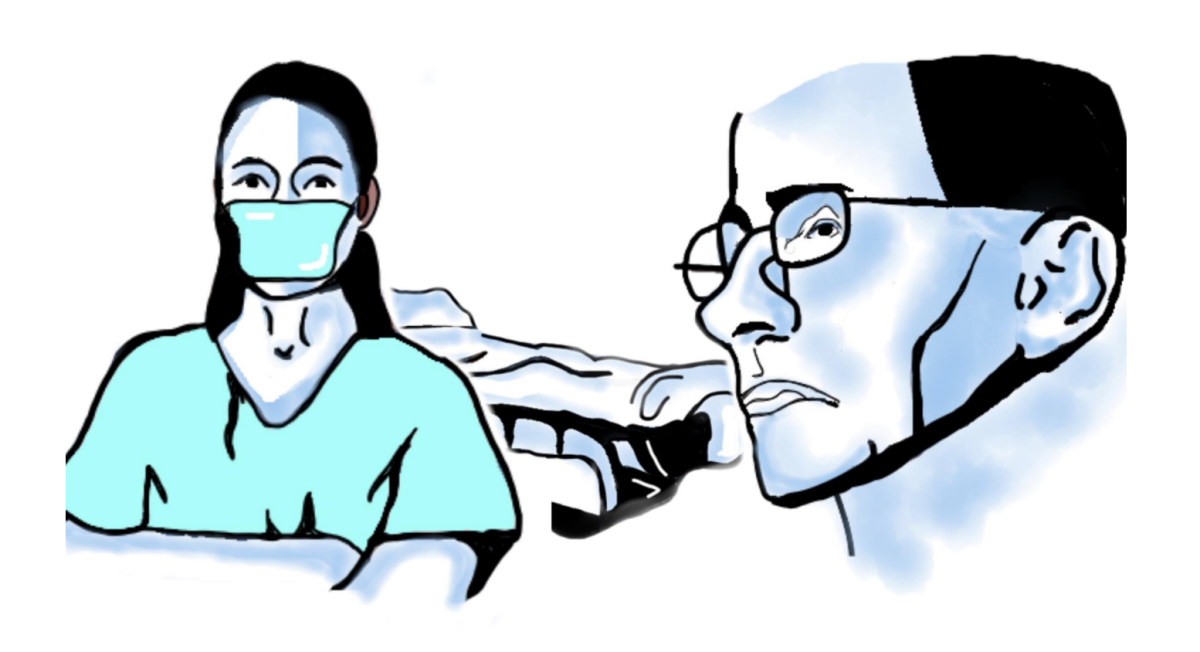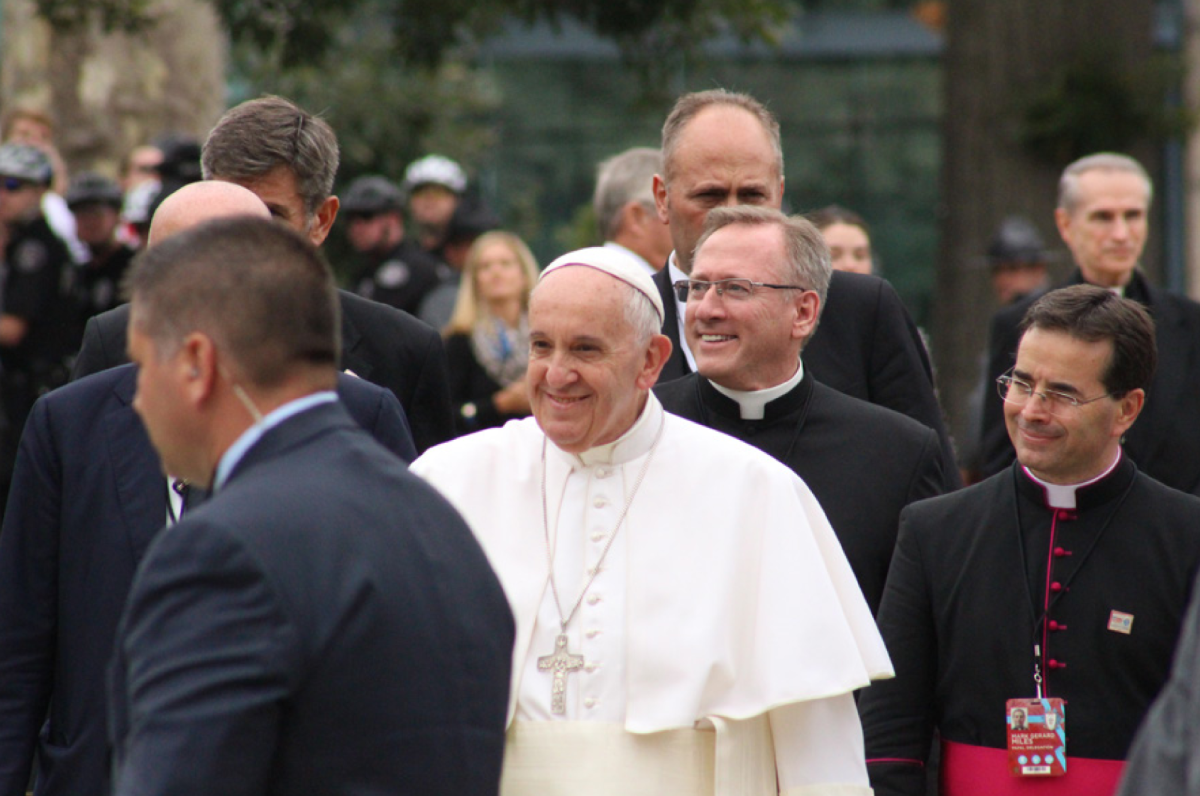As the coronavirus strains the healthcare system in the U.S., Kevin Wildes, Ph.D., S.J., professor of philosophy, a bioethicist, said many ethical dilemmas will arise.
“Who will get a ventilator? Who should be treated first? Where should masks be distributed?”
These dilemmas will be particularly challenging to tackle due to the uncertainty surrounding the pandemic and the need to take quick action.
“We need to have some guiding principles about how we distribute these things because if we don’t then it’s just totally arbitrary,” Wildes said.
For the past two weeks, Peter Clark, Ph.D., S.J., who is a bioethicist and advises 17 hospitals across Pennsylvania, New Jersey and Maryland, has been doing just that: working with hospitals to design ethical protocols for the expected influx of COVID-19 patients.
Clark is on conference calls daily, two or three times a day, helping these hospitals set up triages, who will make decisions about patient care, and establishing criteria for rationing ventilators and personal protective equipment.
As the threat of hospitals overfilling continues to loom, bioethicists like Clark are advising hospitals preparing for difficult decisions.
“Right now we’re OK, but I think that’s going to be different,” Clark said. “That’s why we’re setting up. We’re opening beds in all of our hospitals. We’ve canceled all elective surgeries. We’re doing everything we can to mitigate the problem of overcrowding. Right now we’re holding our own, but if we get a surge, it’s gonna be bad.”
Clark noted that the implications of this virus go beyond just the difficulty of ethical decision making in hospitals. There are implications for all parts of society.
“We’re focused right now on this crisis, but I don’t think we’ve even considered some of the side effects,” Clark said, referring to mental health and the economic impacts.
Wildes believes this pandemic underscores the importance of having a strong public health system, which he says is often overlooked in the U.S.
“Usually when we think about health, we think about ‘my health,’ so this is causing us to think not just in an isolated way, but think about the whole community,” Wildes said. “That I think is good. And the fact is Americans are responding. It’s amazing to see how American businesses are building respirators now in a way that we weren’t five days ago. So it touches some of the best things in the American character, but it also forces us to think beyond our individual selves.”
At the federal level, ethical questions also come into play in the search to find some type of treatment for COVID-19 and churn out new devices and personal protective equipment.
The U.S. Food and Drug Administration (FDA) has issued emergency use authorization to accelerate their processes as private pharmaceutical labs scramble to create new diagnostic tests and potential treatments.
Andrew von Eschenbach ’63, who was commissioner of the FDA from 2006-2009, said the FDA has to toe a fine line between allowing innovative treatments and ensuring safety.
von Eschenbach commends the work of the current FDA, which is responsible for “every diagnostic test, every mask, every ventilator, every tongue depressor that’s being used in the hospital and every drug, every biologic, every vaccine, every cell therapy.”
“When one puts performance in the context of what the reality is, this performance has been beyond exceptional,” von Eschenbach said. “The agency has been addressing the challenge of how do we become rapid, but not reckless? How do we accelerate our abilities to make these critical interventions available to the largest population possible while making sure that we are mitigating and reducing risk?”
von Eschenbach said decision making grounded in science and guided by ethics is particularly crucial in this situation.
“When you’re faced with the magnitude of responsibility of knowing that the decisions that are made are going to affect millions of lives, those decisions have to be put into a context of moral and ethical grounding,” von Eschenbach said. “You make decisions based on principles, and where did those principles come from?”
For von Eschenbach, he said his principles were shaped by his 12 years of Jesuit education at St. Joseph’s Preparatory School, St. Joe’s and Georgetown University School of Medicine.
“Your responsibility is to do everything in your utmost to protect that human life, to nurture that human life and to do that without discrimination so that what you’re searching for is the common good, the good for all of humanity,” von Eschenbach said.
As the hospital system faces overburdening, Wildes emphasized the importance of recognizing limitations in resources and allowing patients to make their own decisions of care, “and that means they also give them a voice to refuse treatments as well,” Wildes said.
“There’s a partnership that needs to take place in all of this,” Wildes said. “Your patient gets to make decisions about the types of treatment they want. It’s not that ‘I want to die,’ but ‘I can do this and save somebody else.’ It’s an act of heroism in many ways.”
Both Wides and von Eschenbach, point to Anthony Fauci, M.D., director of the National Institute of Allergy and Infectious Diseases, their friend and former colleague, as the national figure they think people in the U.S. should look to for information.
“I think his behavior in this whole process has been exemplary,” von Eschenbach said. “And it reflects his Jesuit background—no question in my mind about that.”
von Eschenbach said in the U.S., more difficult decisions will need to be made, like they were in Italy.
“We’re going to have to answer tough questions,” von Eschenbach said. “They’re no longer hypothetical. They’re real. They may not be as real here as they were in Italy, but they can get very real very quickly. So everybody in this has got to figure out where and how they can contribute.”



















